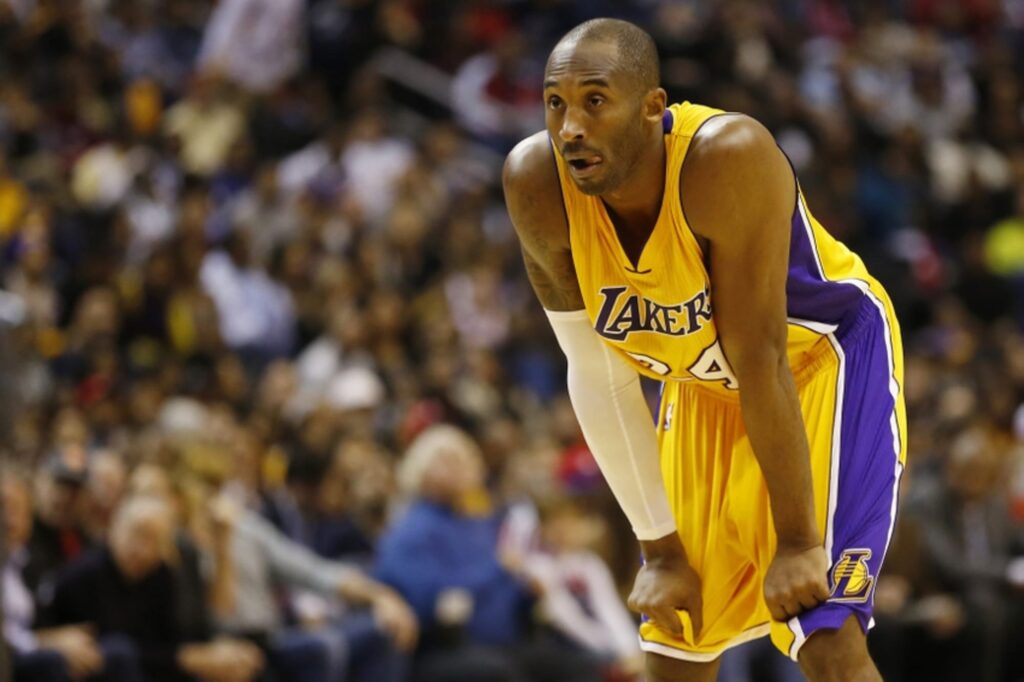14,481. That’s how many shots Kobe Bryant missed in his career. For many critics, this lone statistic is a looming shadow on the legacy of a man who left basketball as the last great isolation player. But to Kirk Goldsberry that number is nothing more than a misunderstood metric.
In 2012, Goldsberry published an article in Grantland titled the Kobe Assist. I know, an oxymoron right? But to summarize Goldsberry’s central point: maybe the most rudimentary metrics (like shooting percentage) don’t do a great job of capturing Kobe’s greatness. As a company built on the future of metrics that argument was a tough pill to swallow. At Sportstrace, we measure a player’s performance and provide actionable recommendations based on the most advanced metrics available. But Goldsberry is right. As a sports analytics community, we have a tendency to rely just as heavily on metrics in basketball as we do in baseball. We equate Steph Curry’s flawless corner three pointer with a Mike Trout homer—a thing of beauty. But the truth is, basketball is a “continuous flowing game.” Depending on what a player is doing, at what position, where on the floor, the spacing and rebounding of other players changes significantly. So with ten players on the floor, metrics that attempt to tease out individual performance like Player Efficiency Rating (PER) and Win Shares mean very little. Individual choices consequentially have team outcomes. So how does all of this relate back to Kobe?
With players as trigger happy as Kobe, the question we as fans remain hyper focused on is—did he make the shot or not? But considering Goldsberry argument, this question becomes much more complicated. Instead of did he make the shot, we start to weigh how his shot perhaps drew a double team and set up some of the bigs he played with like Shaq to get the easy tip-in or dunk. If we consider how Kobe’s actions created opportunities for his teammates, that simple missed shot attempt becomes kind of like an assist for another player, hence the Kobe Assist.
I think beyond an interesting thought experiment, the reason why I so vehemently responded to the article was because of Kobe’s game and the legacy he left behind. His play, energy, and intensity superseded any metric we try and measure him up against. The place I saw that the most was in his analysis for Detail on ESPN. Whether critiquing Trae Young’s shot selection dribbling up the court or highlighting Scottie Pippen’s defense pestering players in the 90s, Kobe treated the game of basketball like a game of chess. If you were great, it didn’t mean you performed well against every metric of performance, it meant you were intense, that you loved the game, that you were willing to play through anything to win.
Metrics in basketball and other sports, are ever-evolving, finding new and improved ways to anticipate, highlight, and remember a player’s career. But Kobe Bryant remains a reminder to the basketball fan everywhere that there are certain characteristics that can never be measured, an incalculable passion for the game of basketball.

